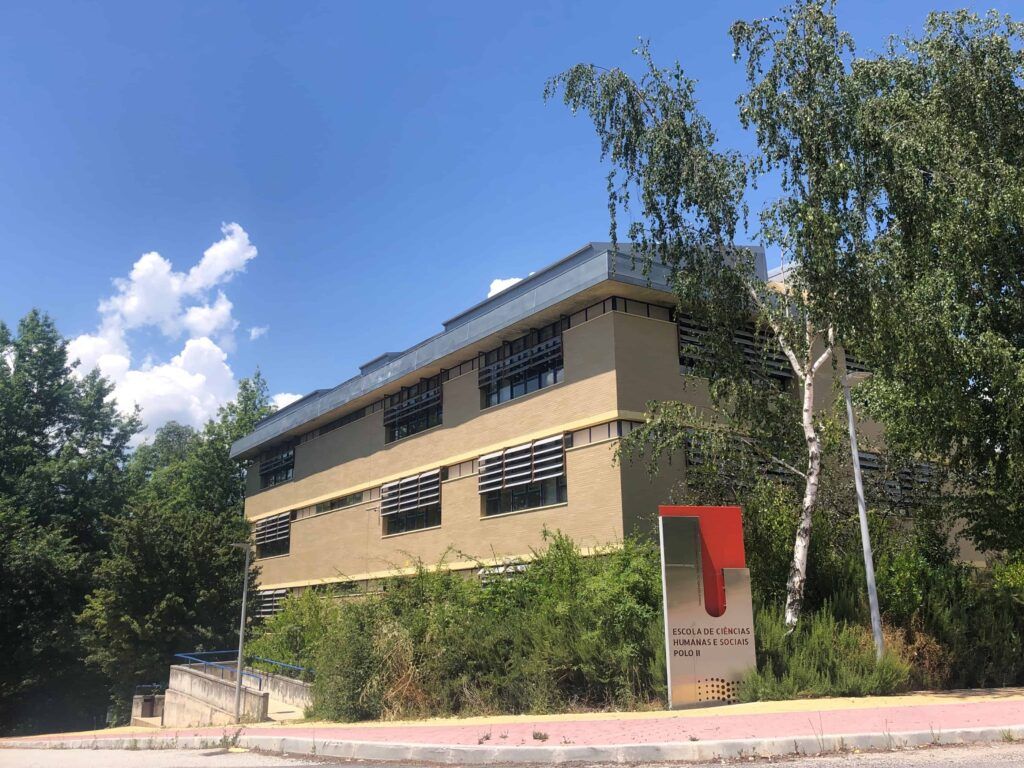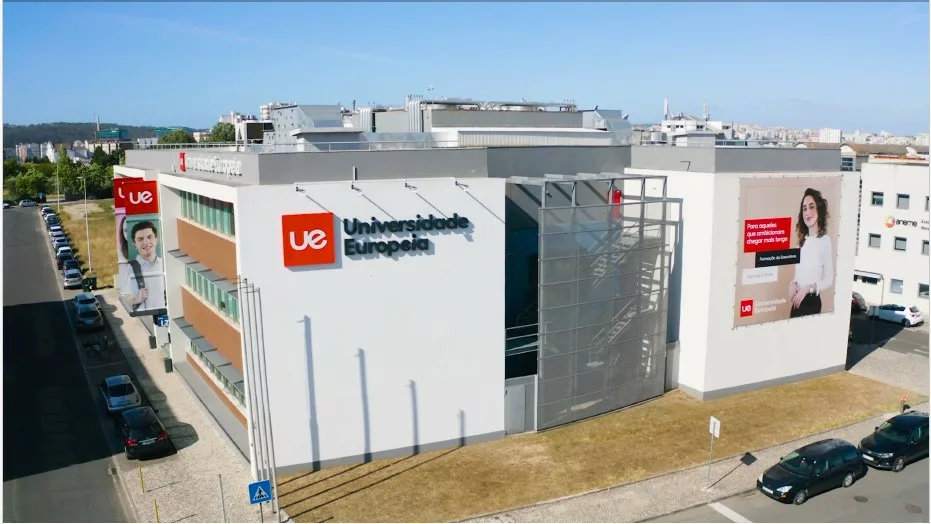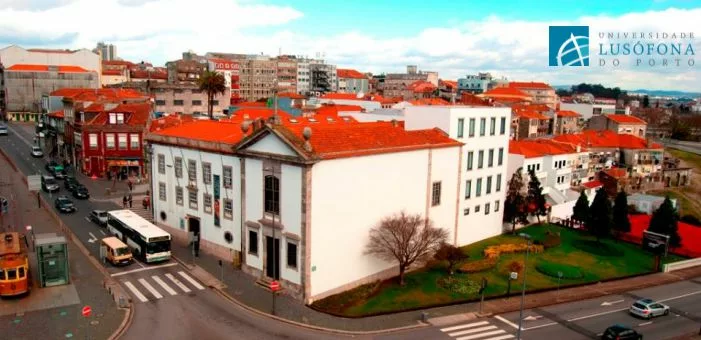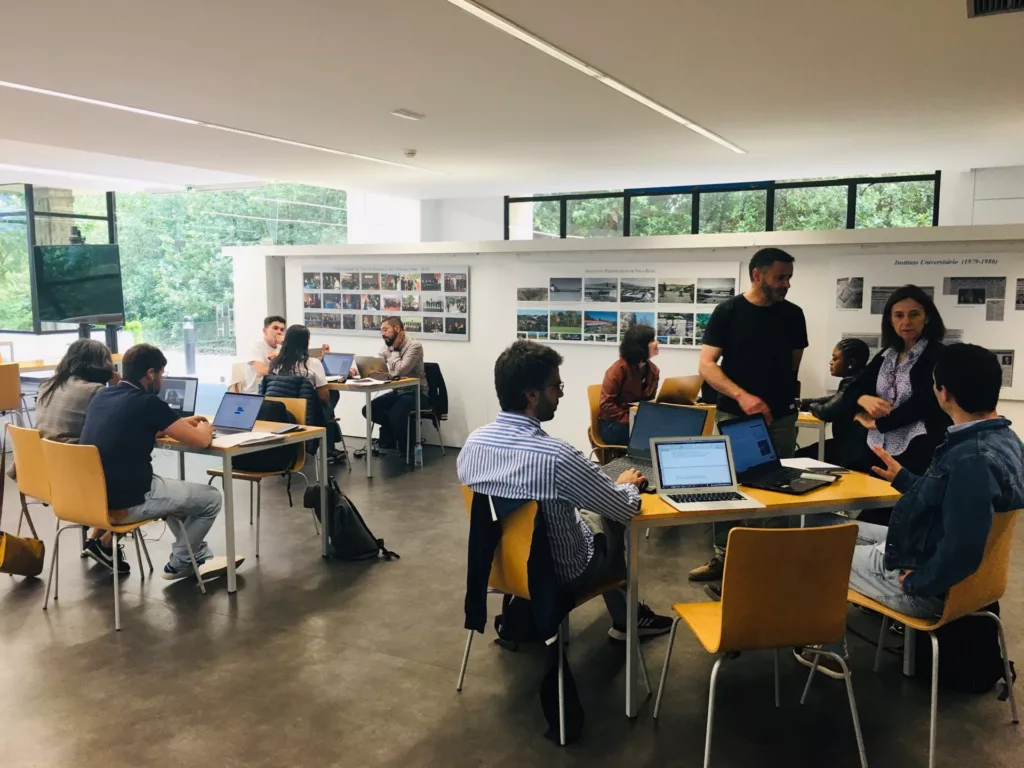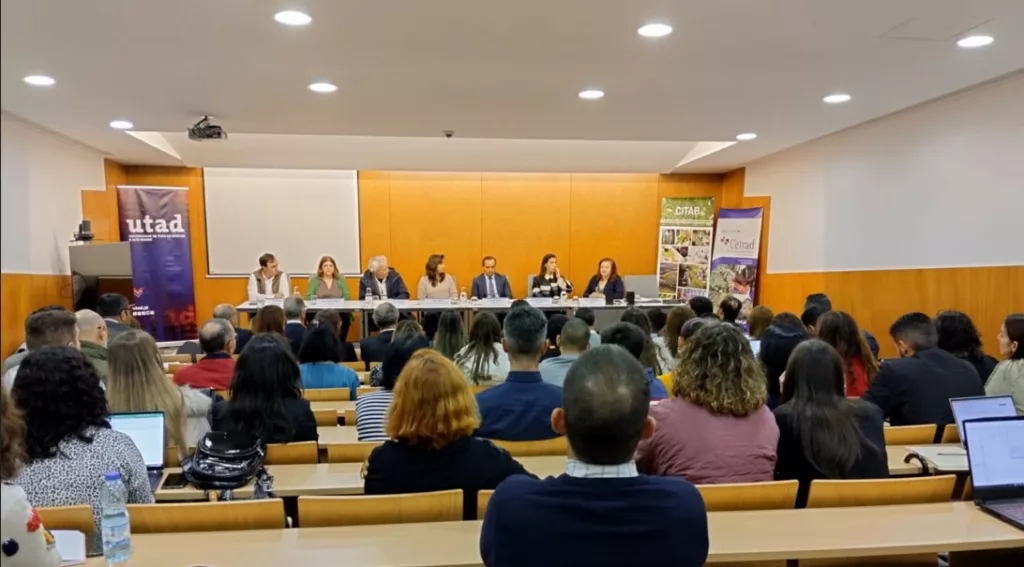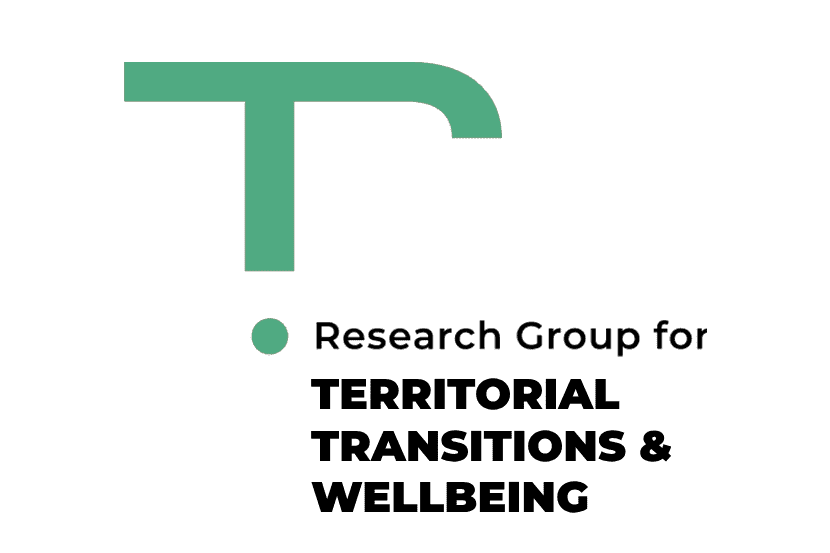CETRAD’s multidisciplinary team comprises a diverse group of social scientists from backgrounds such as anthropology, economics, business and management, social work, sociology, and tourism, along with experts in agrarian studies, development studies, and regional and rural studies.
CETRAD’s multidisciplinary team comprises a diverse group of social scientists from backgrounds such as anthropology, economics, business and management, social work, sociology, and tourism, along with experts in agrarian studies, development studies, and regional and rural studies. The research team is enriched by more than 80 national and international Ph.D. students developing their thesis projects, primarily under one of CETRAD’s two doctoral programs: Agribusiness and Sustainability, and Development, Societies, and Territories. Additionally, CETRAD hosts Ph.D. students in the fields of Tourism and Management.
Supported by a community of more than 100 Ph.D. researchers, CETRAD develops innovative research, including the design of integrative frameworks and holistic tools, and the application of a wide range of methods and techniques to gather empirical evidence. By utilizing various types of empirical data (both in-depth and generalizable quantitative data) and transdisciplinary approaches (such as living labs), CETRAD advances the state of the art in regional development, supports place-based policies, and promotes territorial innovation ecosystems based on quadruple and quintuple helix-actor models.
CETRAD, celebrating its 20th anniversary in 2022, has established itself as a pivotal research centre focusing on the dynamics of rural economies. Key economic activities such as agriculture, food production, and tourism form the backbone of its research endeavours. The centre’s reputation is built on a foundation of innovative and internationally recognized research, spanning diverse fields including innovation and entrepreneurship, sustainability, tourism, governance and inclusiveness, as well as markets and competitiveness. The integration of these fields through inter, cross, and transdisciplinary methodologies effectively addresses the multifaceted challenges of sustainable regional development in diverse geographical contexts. This approach enables CETRAD to tackle complex challenges that affect regions, particularly those facing issues like low-density population and socio-demographic shrinkage, which are prevalent across diverse geographical landscapes. By integrating multidimensional research fields through a cross-disciplinary lens CETRAD emerges as a pioneering R&D unit in sustainable regional development.
CETRAD’s cross-disciplinary approach, which involves hybridizing heterogeneous ontologies and mobilizing a diverse array of research methods and techniques, presents significant challenges for its researchers. However, it also creates unique research opportunities that allow CETRAD to advance the state-of-the-art in designing, understanding, and assessing territorial policies, especially in low-density regions.
- Integration of Heterogeneous Ontologies: By merging diverse ontologies from fields such as sociology, economics, policy studies, and natural sciences, CETRAD fosters a comprehensive understanding of regional dynamics. This integration enables researchers to explore complex issues through multiple lenses, accommodating different perspectives and enhancing the richness of their analyses.
- Diverse Research Methods and Techniques: CETRAD’s use of a wide range of research methods and techniques—from qualitative ethnographic studies to quantitative economic modeling—empowers researchers to tackle multifaceted challenges. This methodological diversity allows for nuanced insights into the socio-economic, cultural, and environmental dimensions of regional development.
- Contributions to Territorial Policies: CETRAD researchers collaboratively contribute to advancing the understanding and development of territorial policies. Their cross-disciplinary knowledge and analysis help in designing policies that are responsive to local contexts and sensitive to the needs of urban and rural communities, businesses, and citizens.
- Complementary and Potentially Conflictual Perspectives: Analyzing issues through complementary and sometimes conflicting perspectives—society, economy, policy, and science—enriches CETRAD’s research. This approach encourages critical evaluation and ensures that policy recommendations are robust and balanced, considering various stakeholders’ interests and concerns.
Micro-Scale to Macro-Scale Analysis: CETRAD prioritizes micro-scale analysis, focusing on the impacts of policies and interventions at the local level—whether it’s a community, a firm, a farm, or an individual citizen. This micro-level focus is complemented by an understanding of meso (regional) and macro (global) scale structures, such as socio-technical systems and global crises. This holistic approach provides insights into how local actions intersect with broader socio-economic and environmental trends. Cross-Cutting Knowledge with Socioeconomic Impact: By creating cross-cutting knowledge that integrates place-based insights with broader socio-economic dynamics, CETRAD generates research outcomes with tangible socio-economic impacts. This approach not only advances academic knowledge but also informs practical strategies for promoting sustainable development and resilience in low-density regions. In essence, CETRAD’s cross-disciplinary approach facilitates innovative research that addresses complex regional challenges from multiple angles. By leveraging diverse ontologies, methodologies, and perspectives, CETRAD contributes to shaping effective territorial policies and fostering socio-economic resilience with relevance and impact.
CETRAD is at the forefront of pioneering Place-Based Territorial Intelligence (IT), a strategic initiative aimed at amplifying its impact in promoting sustainable regional development and inclusive well-being policies, strategies, and processes, particularly in low-density territories. This innovative approach focuses on understanding and overcoming barriers such as insufficient embeddedness, feeble connectivity, and limited relatedness within these regions. Place-based IT is being developed by the CETRAD, at a pilot stage, through the collaborative lab Data4LowDensity.
